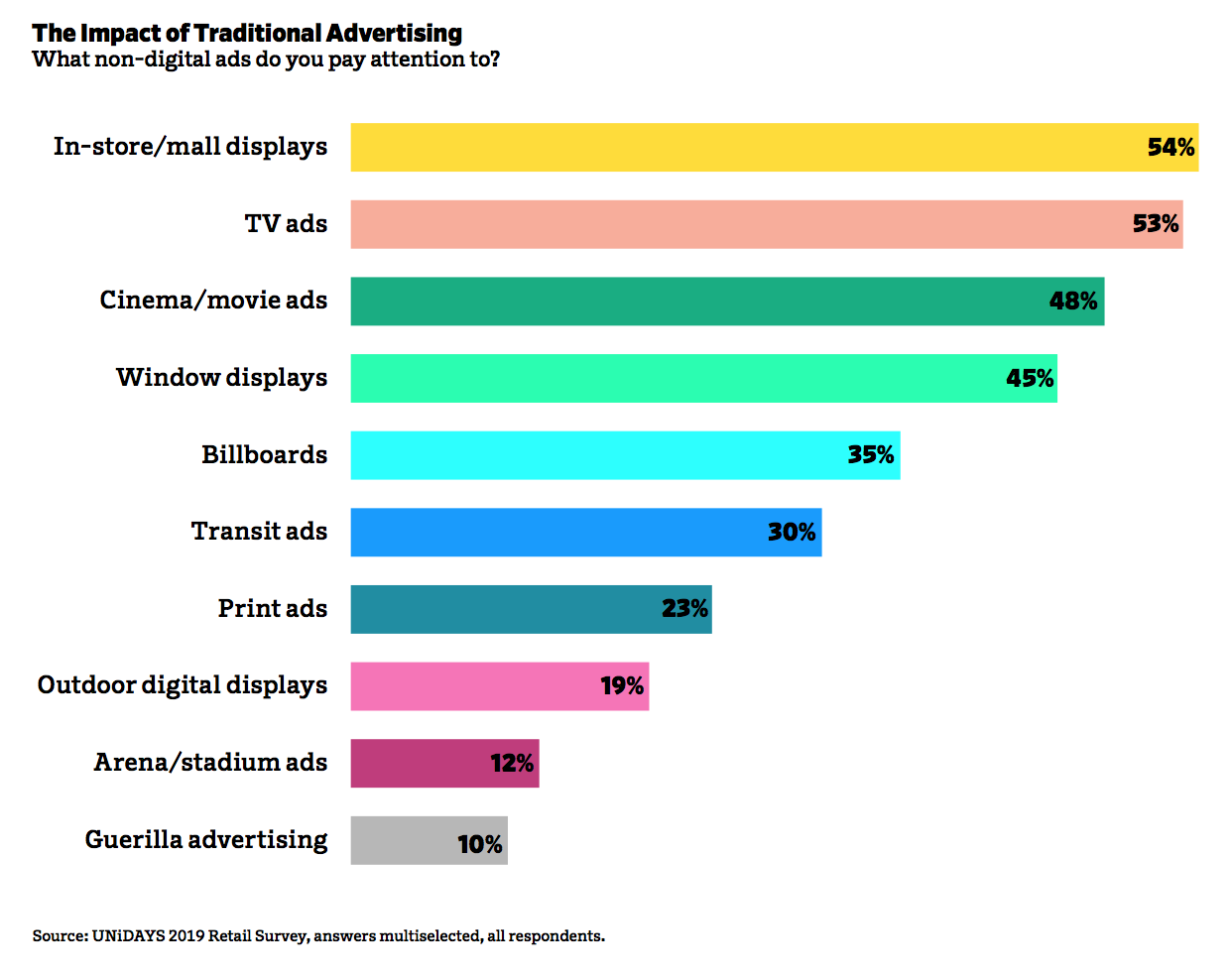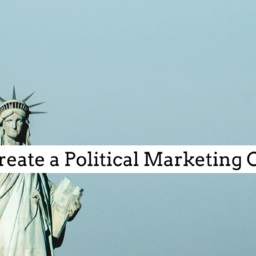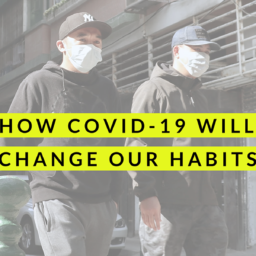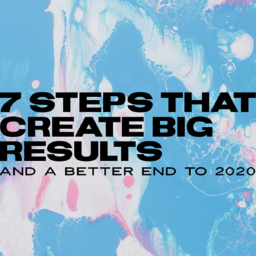
Move over Millennials, brands are beginning to see the buying power of Gen Z—which is currently upward of $143 billion in the United States. Gen Z makes up 26 percent of the U.S. population and is comprised of those born between 1997 and 2012, the oldest of whom are just beginning to enter post-college adulthood. Like Millennials, Gen Z tends to be more optimistic than not. However, unlike the “follow your dreams” Millennials, Gen Z is looking for a more practical approach to the future—including how they will spend their money.
Let’s take a look at a couple of the DOs and DON’Ts of marketing to Gen Z.
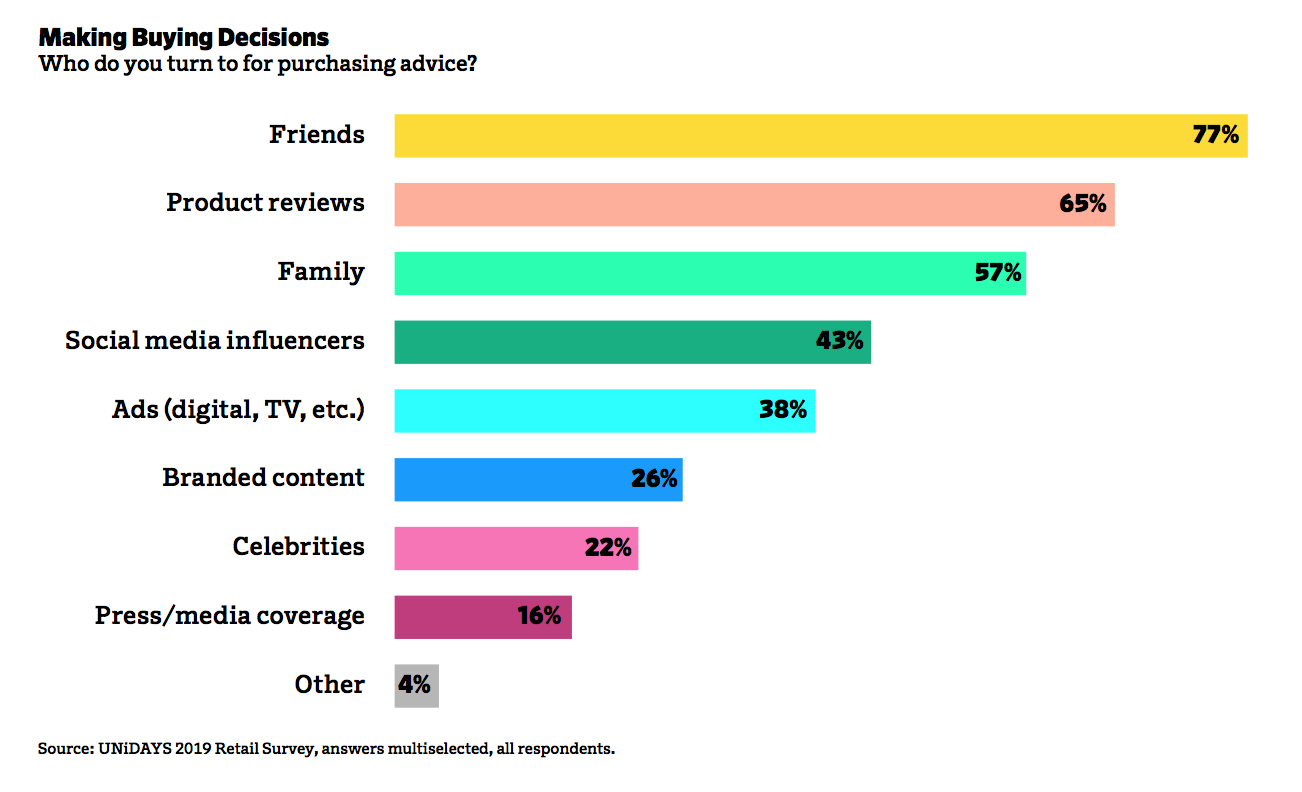
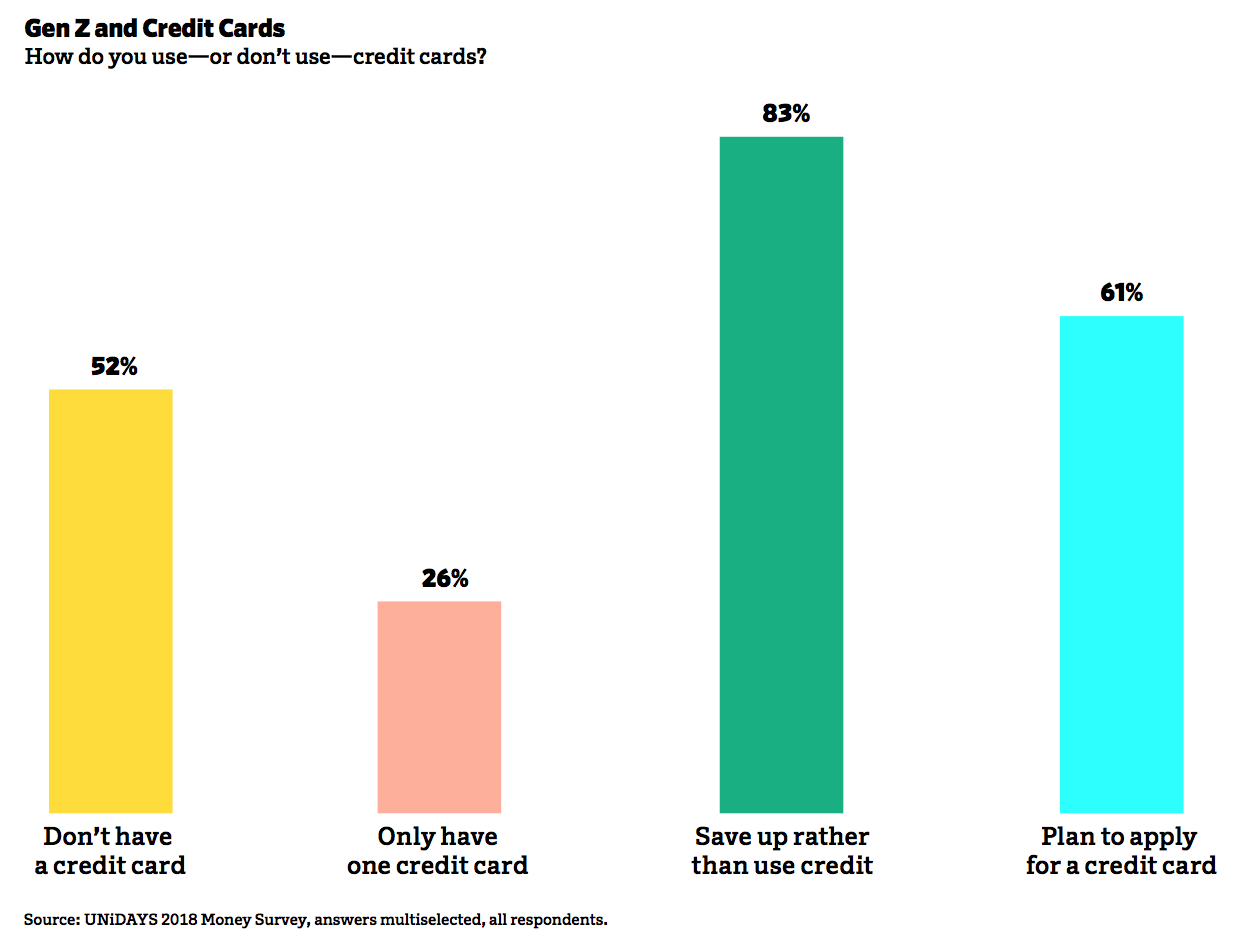
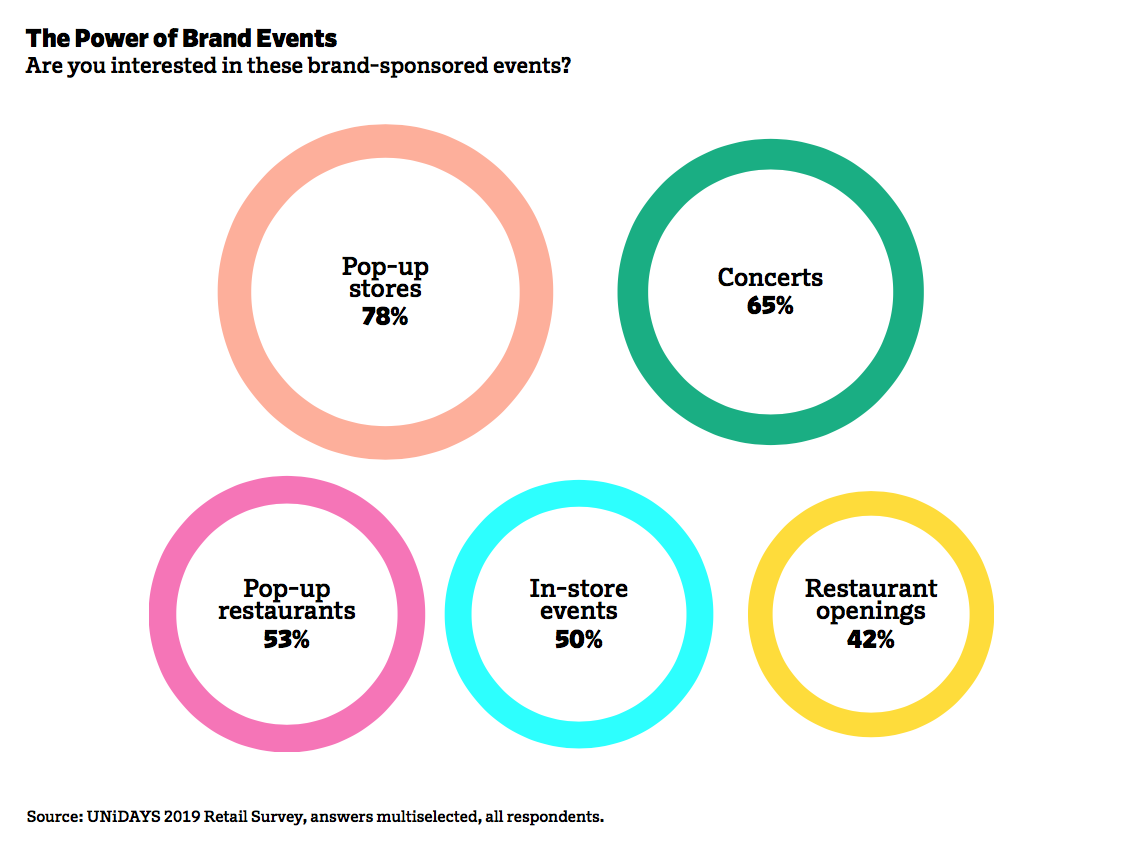
- Celebrity endorsements
- Brand-specific retail apps (they may browse, but they typically won’t convert unless there’s an added incentive; they prefer aggregator shopping apps)
- Press or media coverage
- Micro-influencers—those with anywhere between 2K and 50K followers on a particular social media platform (they’re seen as more trustworthy than big-name celebrities)
- Brands that are informed about political issues (notice I said “informed,” not “outspoken about”)
- Their friends—77 percent of Gen Z shoppers turn to their friends for purchasing advice
With more than 5.6 million businesses in the U.S., each fighting for share in the marketplace, every brand must spend money to make money. And some are dead-set on throwing money at strategies and practices that have proven themselves outdated or outright ineffective. This is not to say that traditional media doesn’t work; on the contrary, Gen Z is a sort of “throwback” generation that is partial to things like physical display advertising and TV ads.
Although Gen Z is split on whether or not brands should share their “political” voice publicly, they’re more loyal to brands that “do good.” Zs are often willing to pay a bit more for sustainably sourced products or brands that give back to the community—82 percent say they would be more likely to buy a product if it were environmentally friendly.
When it comes to Gen Z marketing, it’s important to start now. This can open the door to relationships that can last well into their prime spending years. The key word here is “relationships.” Brands must stop talking “at” consumers and start (or continue) talking “to” them. They must encourage dialogue and facilitate participation. The only way to accomplish this is with a mix of traditional media, organic inbound marketing (content, social, etc.) and strategically placed digital. Gen Z’s loyalty is contagious—see the stat above about how friends motivate shopping decisions—so it’s imperative to make them feel like they’re part of your story so they can help you tell it for years to come.


